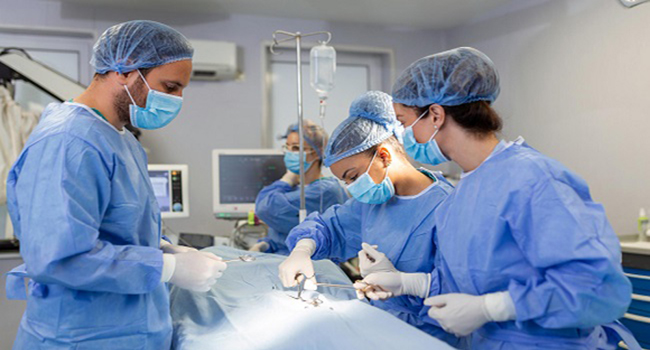
Structural valve deterioration after aortic valve replacement is a serious issue that limits the success rates of valve replacement surgeries. A clinical trial has evaluated the incidence of structural valve deterioration (SVD) in patients undergoing self-expanding transcatheter aortic valve implantation (TAVI) and surgery.
Heart valve disease can be a serious and life-threatening condition. For patients who require aortic valve replacement, the choice between surgical or transcatheter procedures is often determined by the risk level associated with each option.
What is Structural Valve Deterioration?
Structural valve deterioration refers to the progressive damage and malfunction of a prosthetic heart valve due to structural changes in the valve material over time. SVD can lead to valve regurgitation or stenosis, which can cause symptoms such as shortness of breath, chest pain, and fatigue. If left untreated, SVD can ultimately lead to heart failure and even death. However, the frequency and clinical importance of this SVD are poorly understood.A clinical study published in JAMA Cardiology suggests that patients who undergo self-expanding transcatheter or surgical aortic valve implantation may be at risk of developing structural valve deterioration.
The study, which was an analysis of previously conducted clinical trials, aimed to compare the rates of SVD in patients who underwent self-expanding transcatheter aortic valve replacement versus surgical aortic valve replacement (SAVR). The study included 4762 patients who were at intermediate or high risk of complications from surgical aortic valve replacement. Of these, 3791 patients underwent TAVI while 971 patients underwent SAVR.
The results of the clinical study showed that patients who underwent self-expanding transcatheter aortic valve replacement had a lower incidence of structural valve deterioration than those who underwent surgical aortic valve replacement. Specifically, the incidence of SVD at five years was 2.20% in the transcatheter group, compared to 4.38% in the surgical group. Additionally, the clinical study found that SVD was associated with increased 5-year all-cause mortality, cardiovascular mortality, and valve disease or worsening heart failure hospitalizations.
